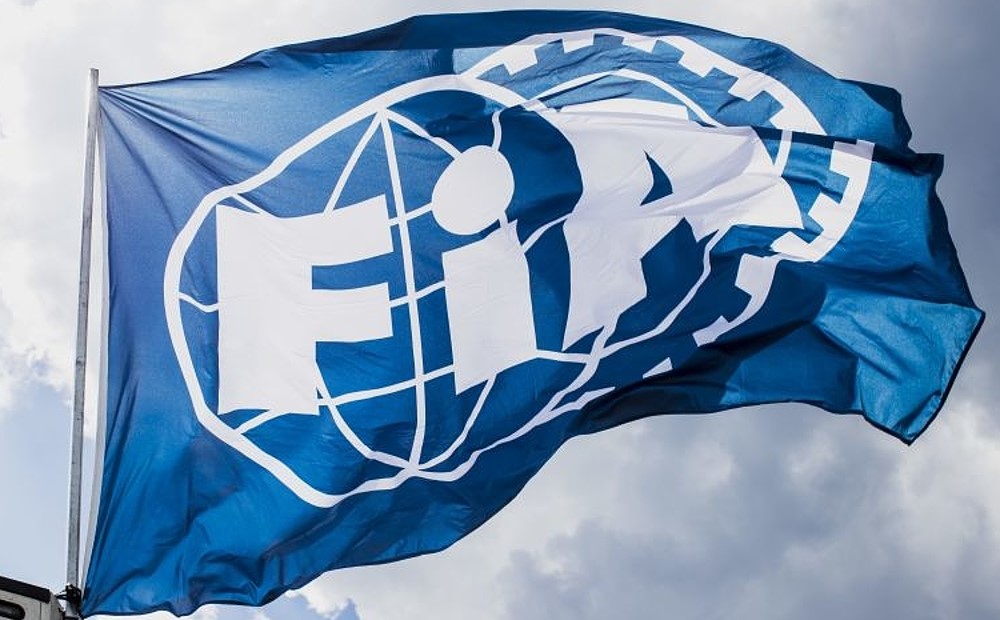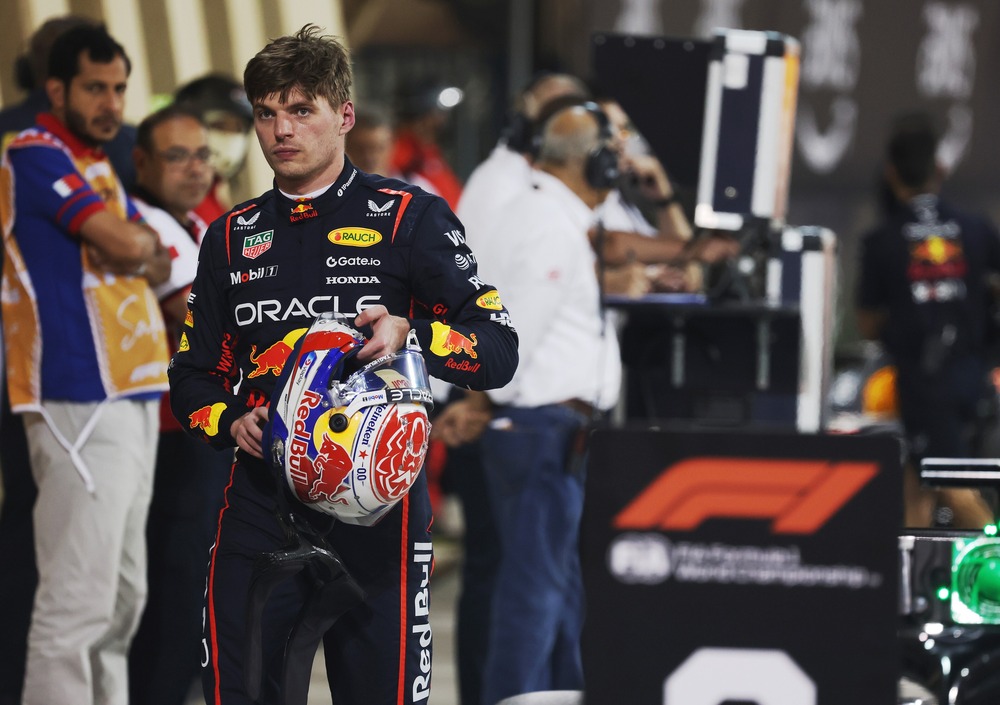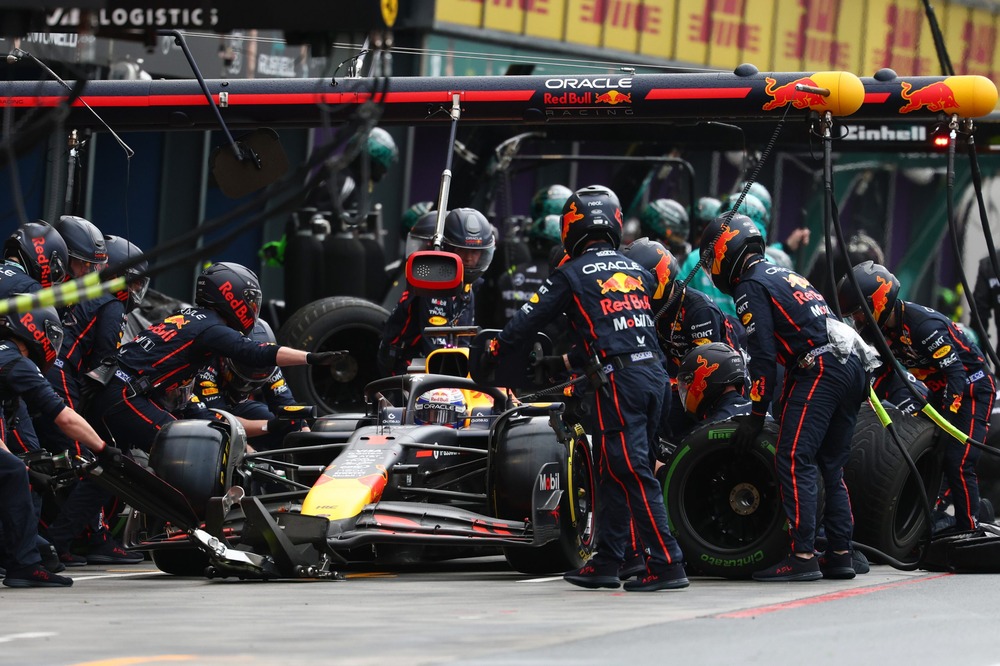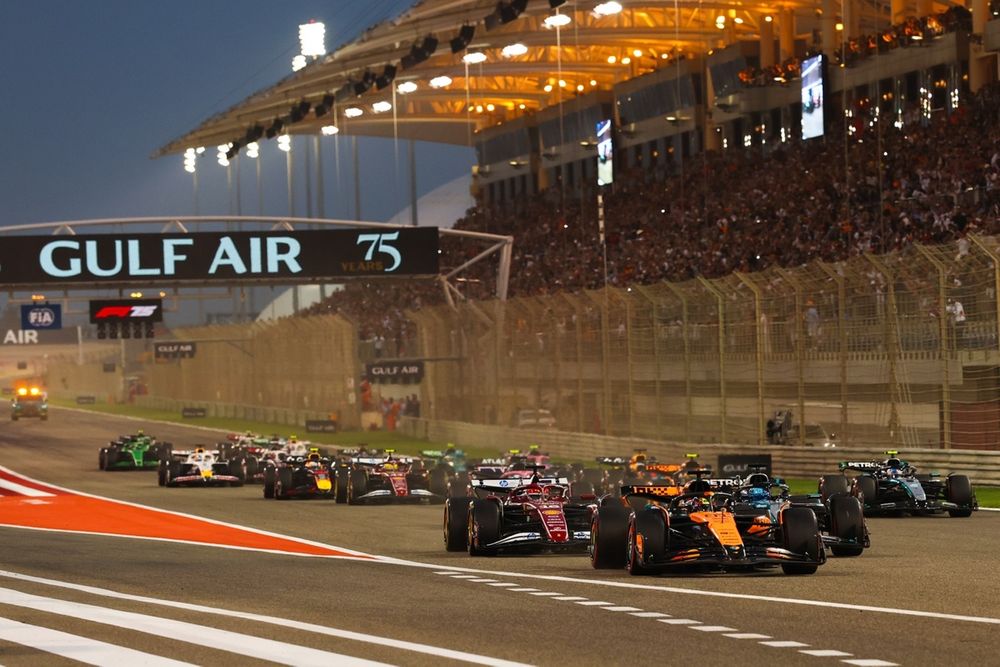According to reports, FIA compliance officer Paolo Basarri has been dismissed from his position marking yet another significant departure in a series of high-profile exits that have rocked the governing body.
This upheaval follows closely on the heels of other notable resignations, including that of former race director Niels Wittich who oversaw every Grand Prix this season.
The cumulative effect of these departures raises serious questions about the stability and governance of the FIA under the leadership of President Mohammed Ben Sulayem at a time when its credibility is under scrutiny.
Paolo Basarri’s tenure as FIA compliance officer began in 2017, during Jean Todt’s presidency, and he was responsible for ensuring adherence to both internal regulations and external standards including the FIA’s Code of Ethics.
His role became particularly prominent following allegations that Ben Sulayem had interfered in race management decisions, notably regarding a penalty imposed on Fernando Alonso during the Saudi Arabian Grand Prix.
A whistleblower had accused Ben Sulayem of instructing officials to revoke this penalty and of attempting to influence the approval process for the Las Vegas Grand Prix circuit. Although an ethics committee later cleared him of the allegations, the investigation placed Basarri in a precarious position, tasked with reporting on these serious claims against the president.
Reports from BBC indicate that Basarri’s dismissal was largely due to a loss of confidence from Ben Sulayem, however, the decision has not been officially confirmed by the FIA which has remained silent on the matter.
Paolo Basarri himself has refrained from commenting publicly on his departure, further contributing to an atmosphere of uncertainty and speculation surrounding the organization’s internal dynamics. His exit is particularly alarming given that it follows closely after Wittich’s departure, before publicly stating that he did not resign but was instead fired, contradicting official FIA communications.
The wave of resignations at the FIA has raised alarms about a potential leadership crisis within the sport’s governing body. Basarri and Wittich are not isolated cases; they join a growing list of senior officials who have left their posts under Ben Sulayem’s presidency.
This includes former director of communications Luke Skipper and former secretary general for mobility Jacob Bangsgaard both of whom announced their resignations recently without providing specific reasons. Their departures have led to speculation about internal discord and dissatisfaction with the current leadership direction.
Critics have pointed to Ben Sulayem’s controversial actions and public statements as contributing factors to this unrest. Since taking office at the end of 2021, he has faced increasing scrutiny over his handling of various issues within Formula 1.
Notably, his public disputes with prominent figures such as Max Verstappen have drawn attention and criticism. Verstappen’s comments regarding Ben Sulayem’s choice of language towards drivers sparked backlash from both fans and fellow racers.
The Grand Prix Drivers’ Association also issued a statement calling for respect in their interactions with FIA officials after several drivers faced penalties for inappropriate remarks.
The implications of these developments extend beyond personnel changes; they raise fundamental questions about governance in F1. The FIA is responsible for upholding the integrity of motorsport globally, and any instability at its helm could have far-reaching effects on how rules are enforced and how teams operate within the sport.
The FIA compliance officer plays a vital role in maintaining ethical standards and ensuring that all parties adhere to established regulations. Therefore, Paolo Basarri leaves a void that will be difficult to fill, especially with the sport anticipating massive rule changes.
As these events unfold, there is increasing scrutiny on how the FIA will address its leadership challenges and restore confidence among stakeholders.






